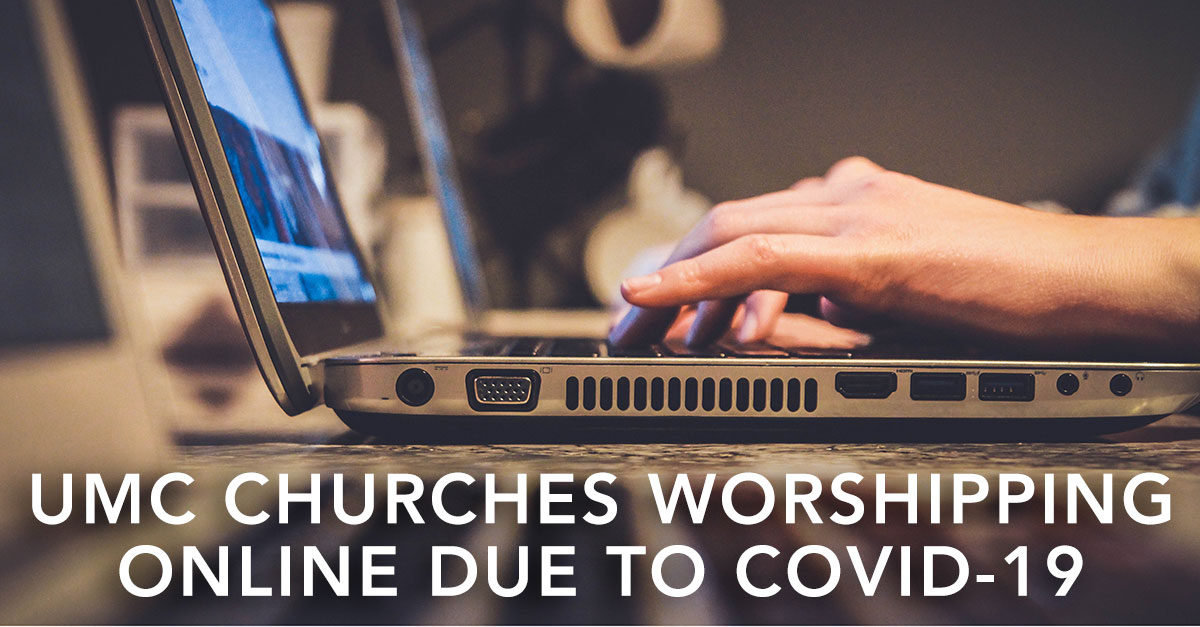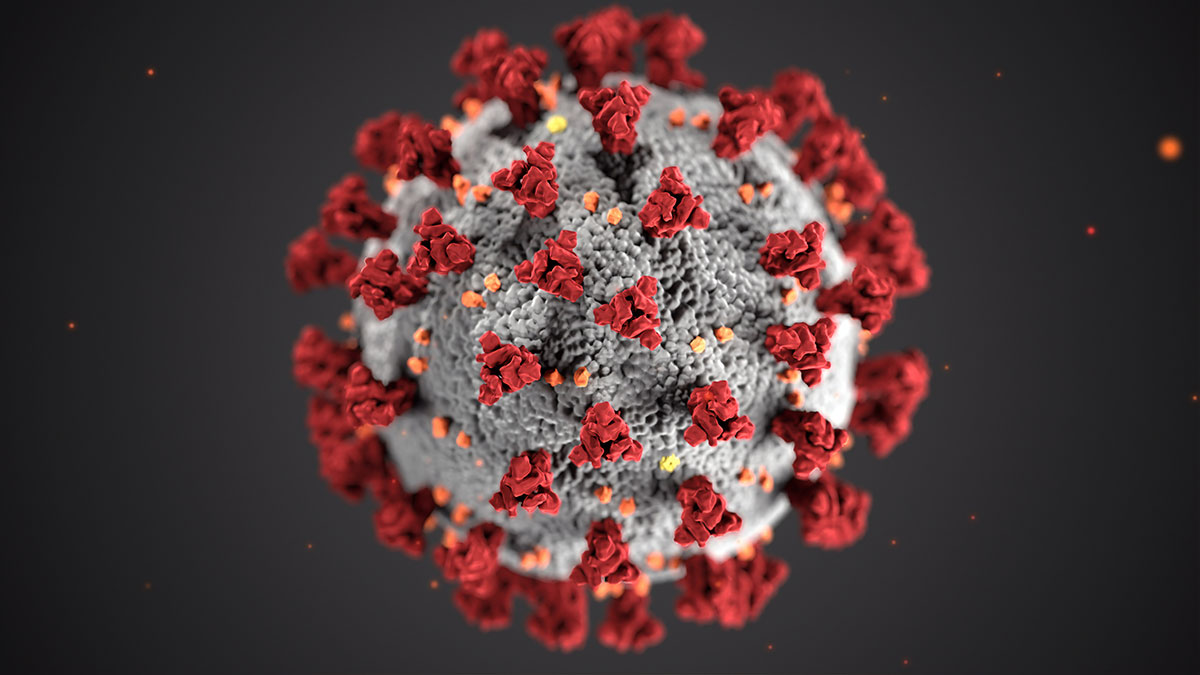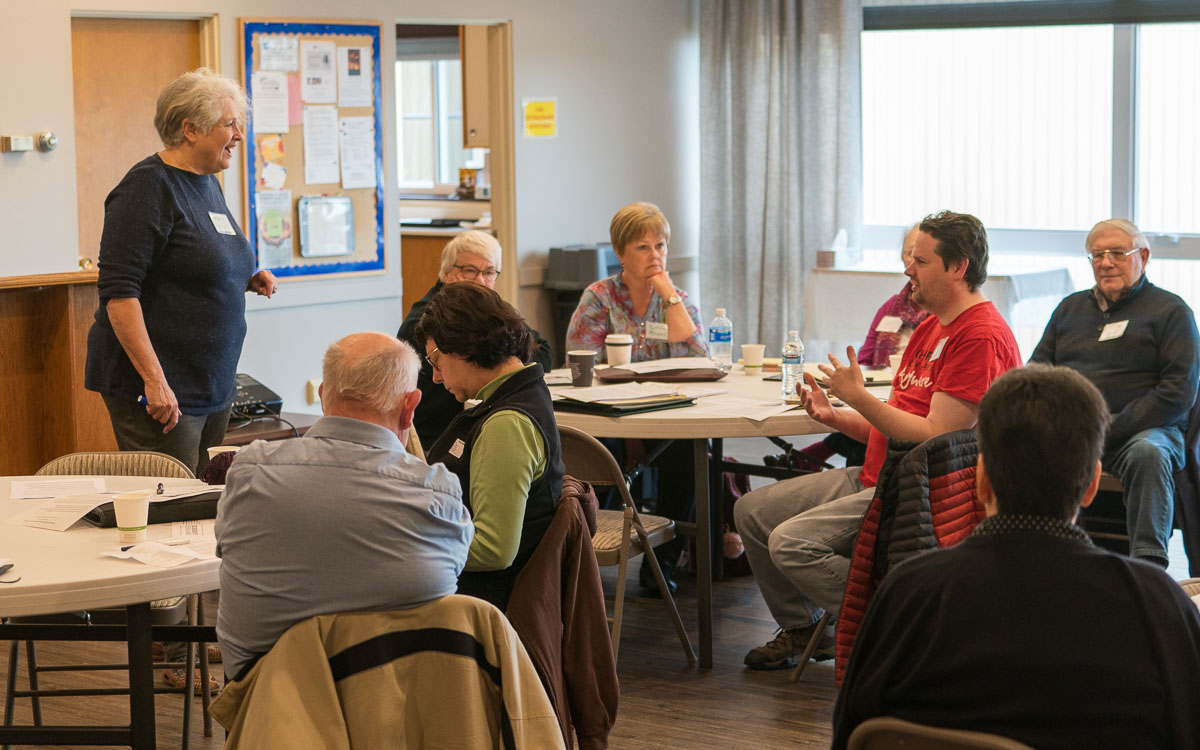Greater Northwest Conferences offers steep Zoom discount, Alaska & PNW add CCLI streaming license upgrade for local churches
By Patrick Scriven
UPDATE: This Zoom offer for local churches is concluding on Monday, April 27. Please act now if your church needs access to Zoom.
In order to assist local churches during this difficult period, the Conferences of the Greater Northwest Area of The United Methodist Church are sponsoring two special initiatives.
The first offering is access to a Zoom Business hosting license at a heavily subsidized rate of $50. Local churches in Alaska, Oregon-Idaho and Pacific Northwest Conferences can submit their request using this simple form.
“During the weeks ahead where we all may need to connect in different ways,” offered Rev. David Valera, Executive Director of Connectional Ministries for the PNW Conference. “We hope that Zoom will serve as a helpful tool for local churches to continue to meet in groups large and small, in worship and other forms of community”
The license churches can purchase will support gatherings of up to 300 persons.
The offer for a subsidized zoom account is now closed. If you would like to be added to the Greater NW Area zoom account at the full rate of $125 for a year, please contact Teri Tobey (ttobey@pnwumc.org) for further assistance.
In addition, the Alaska and Pacific Northwest Conferences have secured streaming permission for the entire CCLI catalog of songs churches in those conferences for the next year. Please note that those churches will still need to secure licensing for songs outside of the CCLI catalogue if they choose to use them online. Some churches have found success with pairing the CCLI license with OneLicense or Christian Copyright Solutions, both of which cover more hymns in the United Methodist Hymnal.”
UPDATE: We are happy to share that OneLicense is offering a free license good through April 15, 2020.
In both the Alaska and Pacific Northwest Conferences, the conference’s insurance coverage has included basic CCLI licensing for local churches for several years. Streaming is an add-on feature that costs between $63 and $93 per license per year depending on the size of the church.
Churches in the Oregon-Idaho Conference are currently responsible for their own CCLI licensing. They are encouraged to contact the company to discuss flexibility in streaming permissions and/or use songs in public domain.
Please be in touch with Regional Media Center Director Ian McKnight (imcknight@pnwumc.org) if you have questions about how to access and use your CCLI license. Each church in the Alaska and PNW Conference has an individual CCLI license number which they should be using whenever they reproduce music for congregational use, and now for streaming online.
As Regional Media Center Manager, Ian is also a great resource for answered copyright and licensing questions for churches in across the Greater Northwest Area.
Zoom Details
We will bill those who sign up for a Zoom account $50 with the option to renew at our full rate (approximately $120) in January of 2021. The same license is available on the Zoom.us site for $19.99 per month (over $250 per year after taxes). One subsidized license is available per local church. An additional scholarship is ready for churches in need.
Please note that we are offering one hosting license on our shared Greater NW account. If you need more than one hosting license, additional licenses would be $125 + Tax.
Patrick Scriven serves as Director of Communications and Young People’s Ministries for the Pacific Northwest Conference of The United Methodist Church.








